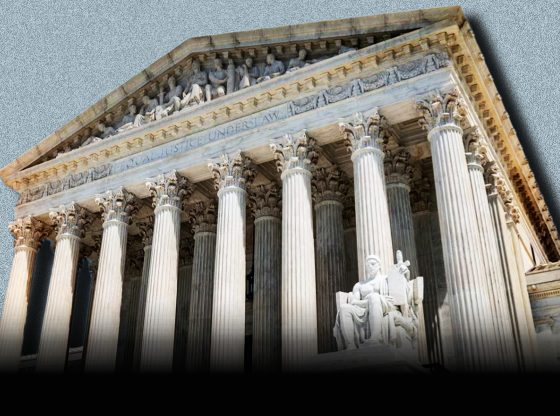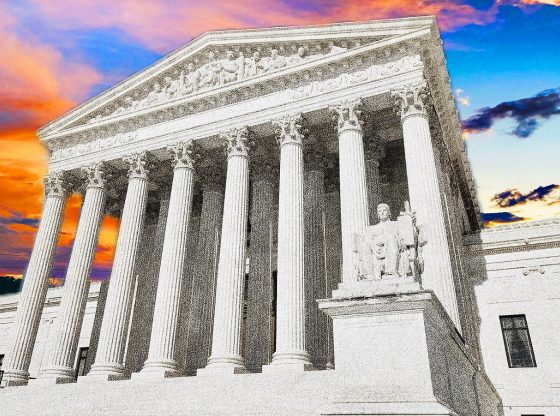The United States Supreme Court, in a 9-0 ruling, struck down as unconstitutional state laws allowing officials to seize and sell homes over unpaid property taxes, and keep the excess profits for themselves.
In Minnesota, a 94-year-old woman experienced a distressing situation where her condominium was taken away by local tax authorities due to an outstanding tax debt of $15,000. Surprisingly, the property was sold for a mere $40,000, and the government claimed the remaining $25,000 for its own use.
“Today’s decision is a major victory for property rights in the United States,” said Pacific Legal Foundation attorney Christina Martin, who argued the case before the Court. “This decision affirms that property rights are fundamental and don’t depend solely on state law. The Court’s ruling makes clear that home equity theft is not only unjust, but unconstitutional.”
The Court heard the case of Geraldine Tyler, who has lived in a small one-bedroom condo in Hennepin County, Minnesota until she moved into an apartment for senior living. Tyler fell behind on $2,300 in property taxes on the condo. Officials tacked on an additional $12,700 in penalties, interest, and costs, seized her home, and sold it for only $40,000.
Rather than return the remaining $25,000 to Tyler, the local government pocketed the funds. The practice is known as “home equity theft.” Pacific Legal reports more than a dozen states to engage in home equity theft. with homeowners across the United States losing more than $860 million in life savings on more than 8,950 homes.
The Court ruled that violates the Constitution’s Takings Clause, which prohibits the government from taking private property without providing “just compensation.”
“A taxpayer who loses her $40,000 house to the State to fulfill a $15,000 tax debt has made a far greater contribution to the public fisc than she owed. The taxpayer must render unto Caesar what is Caesar’s, but no more,” wrote Chief Justice John Roberts in the unanimous majority opinion.
Justice Neil Gorsuch, joined by Justice Ketanji Brown Jackson, argued home equity theft may also violate Constitution’s “Excessive Fines Clause,” which prohibits governments from using fines and financial penalties to impose excessively harsh punishments.
“Economic penalties imposed to deter willful noncompliance with the law are fines by any other name. And the Constitution has something to say about them: They cannot be excessive,” wrote Gorsuch.
“Geraldine’s case will now go to the trial court, where she will argue that she is owed the fair market value of her property, minus her debt, as just compensation for the taking,” Pacific Legal reports.














Victory Hooray Yes
Just goes to show you can’t trust the government